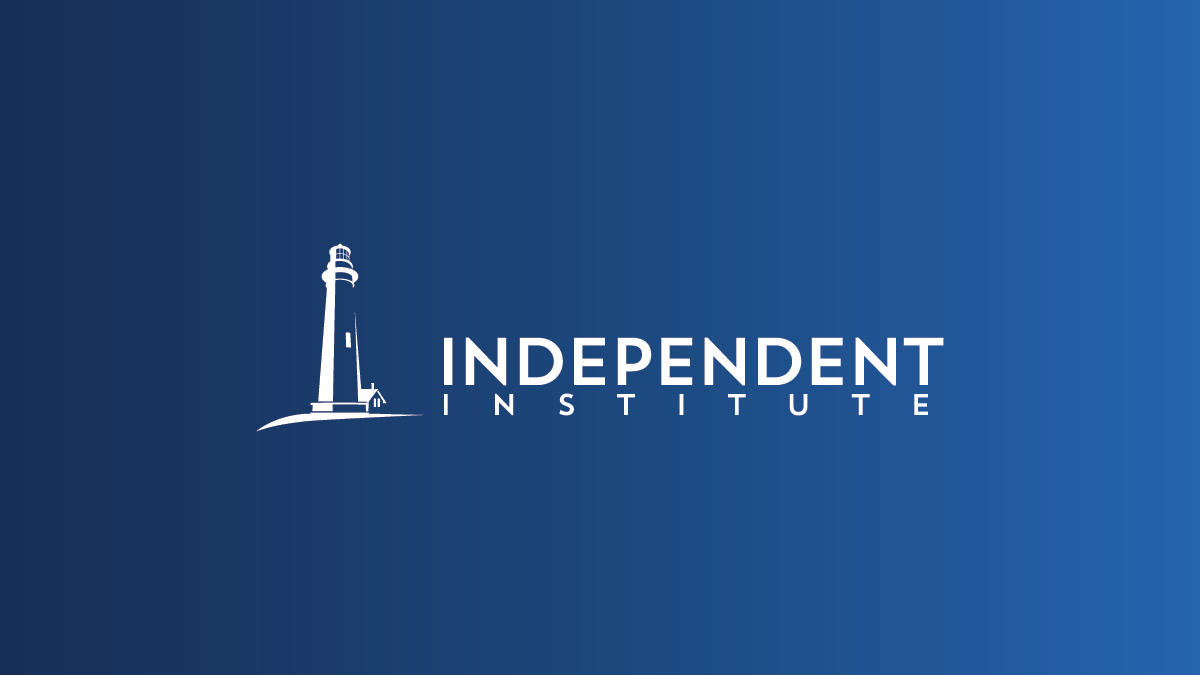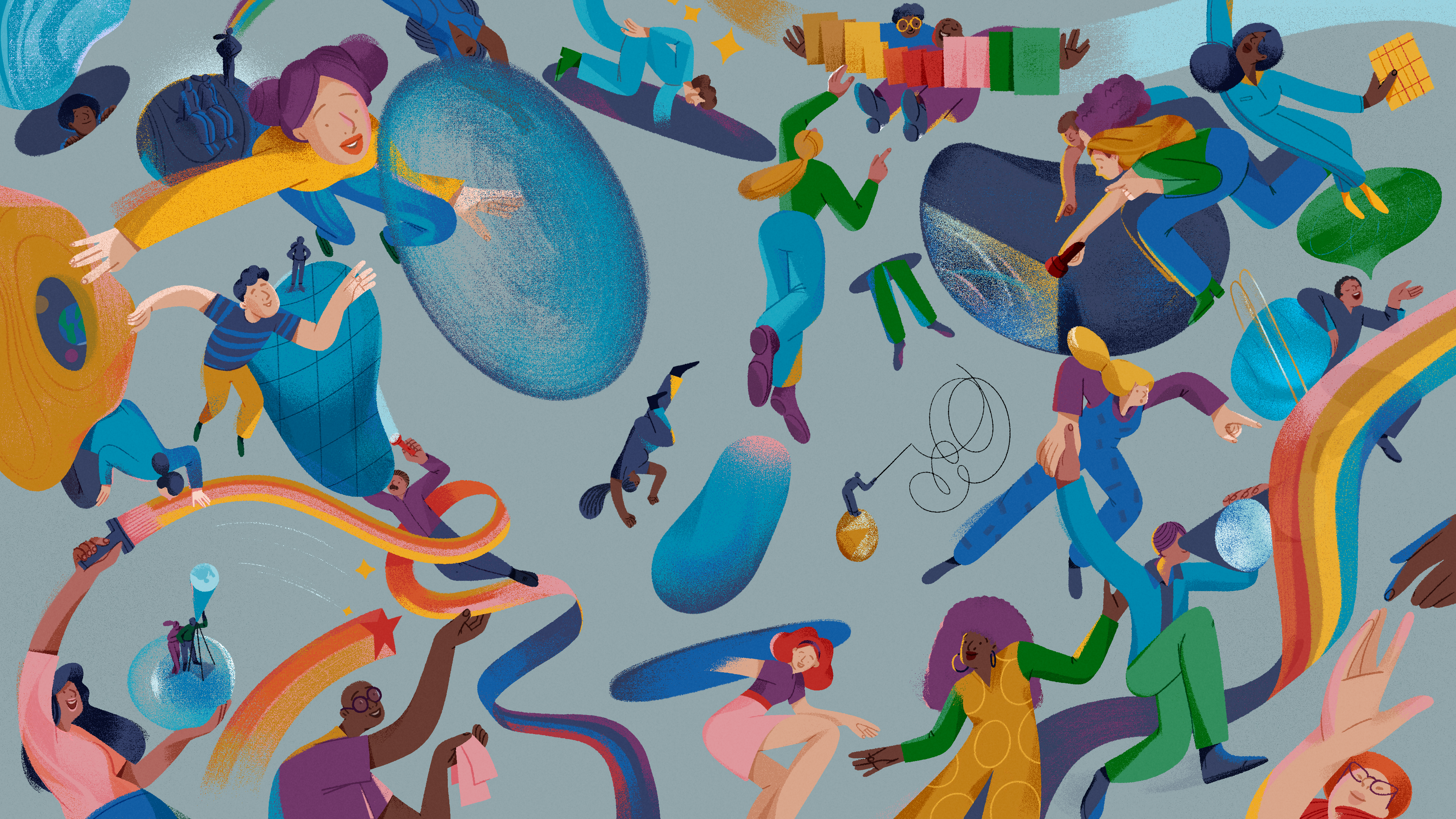prasad1
Active member
Elsewhere in this forum, some idealists claimed that Dictatorship is a better form of government than Democracy for India.
They extolled Bose (who aspired to be a dictator for 20 years) over Gandhi, Nehru, Patel's vision of Democracy for India.
Anybody who sits in the comfort of a Democracy and preaches dictatorship for others is being mischievous, or even cynical to say the least.
How people suffer under dictatorship is quietly forgotten. Just see the struggle of the people of North Korea even today.
I would not want anybody to suffer like that.
If you capture a bird from the wild and cage it in a golden cage, and feed it 3 times a day, do you think the bird will be happy or will it be happier among its own kind and free in the wild? I would rather be free.
This is an old discussion that resurfaces from time to time. The success enjoyed nowadays by autocracies awash in natural resources has reignited it. A recent article in the online magazine American.com measures economic performance against the degree of political and civil freedom existing in various nations. The conclusion is that in the last 15 years, the economies of nations ruled by despots have grown at an annual rate of 6.8 percent on average—two and a half times faster than politically free countries. Those autocracies that have opened their markets in recent decades but continued to restrict or prevent democracy—China, Russia, Malaysia, and Singapore, for example—have done better than most of the developed or underdeveloped countries that enjoy a considerable measure of political and civil freedom.
It would be silly to deny that a dictatorship can boast sound economic results. Any political system, free or unfree, that removes some obstacles to entrepreneurship, investment and trade, and makes a credible commitment to safeguard property rights to a certain extent will trigger a virtuous economic cycle. Spain’s Francisco Franco and Singapore’s Lee Kuan Yew discovered that in the 1960s, as did China’s Deng Xiaoping at the end of the 1970s, Chile’s Augusto Pinochet in the 1980s, and many others at various times.
But this is not the end of the story. Of the 15 richest countries in the world, 13 are liberal democracies. The other two are Hong Kong, a Chinese territory that enjoys far greater civil liberties than mainland China, and Qatar, where the abundance of oil and natural gas, and the tiny population, translate into a large per capita income average.
What this picture really tells us is that stability and reliability are most important when it comes to economic prosperity over the long term. Spain, a modern success story, has seen its wealth double since 1985 and yet at no point in the last quarter-century did the Spaniards achieve annual growth figures comparable to those of China. Similarly, the U.S. economy has grown by a factor of 13 since 1940, but never experienced “Asian” growth figures.
When the environment in which the economy breathes depends on institutions rather than on the commitment of an autocrat or a party, stability and reliability generate the sort of long-term results that we call “development.” That is probably why Chile’s economic performance after Pinochet compares favorably to the years when the general was in power. Not to mention the fact that dictatorships that enjoy economic success are heavily dependent on technology invented in countries where exercising a creative imagination does not land one in jail.
Another reason dictatorships are outperforming liberal democracies has to do with the fact that many of the latter countries are fully developed. Once a country starts to move forward, spare capacity and unrealized potential tend to allow it to grow faster than developed nations. Furthermore, if we consider that China is a disproportionately big component of the group of unfree nations outperforming liberal democracies, the growth rate gap is not surprising.
In fact, liberal democracies can compete favorably with dictatorships even in the short term. India, one of the world’s fastest growing economies, is a liberal democracy. So is Peru, whose economy is experiencing 7 percent annual growth. These are imperfect democracies, for sure, and in the case of Peru there has been little poverty reduction. But the recent success indicates that elections, freedom of the press and freedom of association can coexist with high economic growth.
From a moral point of view, the relative prosperity that a dictatorship can trigger is a double-edged sword—it brings relief to people who are otherwise oppressed but also serves as an argument for the indefinite postponement of political and civil liberty.
Two things are certain, however. First, history indicates that the combination of political, civil and economic freedom is a better guarantee of ever-increasing prosperity than a capitalist dictatorship. Second, there are sufficient examples—Portugal or the Baltic countries—of underdeveloped countries that have generated stable and reliable environments through political freedom to invalidate the notion that a country should be kept in political and civil infancy until it reaches economic maturity.

 www.independent.org
www.independent.org
They extolled Bose (who aspired to be a dictator for 20 years) over Gandhi, Nehru, Patel's vision of Democracy for India.
Anybody who sits in the comfort of a Democracy and preaches dictatorship for others is being mischievous, or even cynical to say the least.
How people suffer under dictatorship is quietly forgotten. Just see the struggle of the people of North Korea even today.
I would not want anybody to suffer like that.
If you capture a bird from the wild and cage it in a golden cage, and feed it 3 times a day, do you think the bird will be happy or will it be happier among its own kind and free in the wild? I would rather be free.
This is an old discussion that resurfaces from time to time. The success enjoyed nowadays by autocracies awash in natural resources has reignited it. A recent article in the online magazine American.com measures economic performance against the degree of political and civil freedom existing in various nations. The conclusion is that in the last 15 years, the economies of nations ruled by despots have grown at an annual rate of 6.8 percent on average—two and a half times faster than politically free countries. Those autocracies that have opened their markets in recent decades but continued to restrict or prevent democracy—China, Russia, Malaysia, and Singapore, for example—have done better than most of the developed or underdeveloped countries that enjoy a considerable measure of political and civil freedom.
It would be silly to deny that a dictatorship can boast sound economic results. Any political system, free or unfree, that removes some obstacles to entrepreneurship, investment and trade, and makes a credible commitment to safeguard property rights to a certain extent will trigger a virtuous economic cycle. Spain’s Francisco Franco and Singapore’s Lee Kuan Yew discovered that in the 1960s, as did China’s Deng Xiaoping at the end of the 1970s, Chile’s Augusto Pinochet in the 1980s, and many others at various times.
But this is not the end of the story. Of the 15 richest countries in the world, 13 are liberal democracies. The other two are Hong Kong, a Chinese territory that enjoys far greater civil liberties than mainland China, and Qatar, where the abundance of oil and natural gas, and the tiny population, translate into a large per capita income average.
What this picture really tells us is that stability and reliability are most important when it comes to economic prosperity over the long term. Spain, a modern success story, has seen its wealth double since 1985 and yet at no point in the last quarter-century did the Spaniards achieve annual growth figures comparable to those of China. Similarly, the U.S. economy has grown by a factor of 13 since 1940, but never experienced “Asian” growth figures.
When the environment in which the economy breathes depends on institutions rather than on the commitment of an autocrat or a party, stability and reliability generate the sort of long-term results that we call “development.” That is probably why Chile’s economic performance after Pinochet compares favorably to the years when the general was in power. Not to mention the fact that dictatorships that enjoy economic success are heavily dependent on technology invented in countries where exercising a creative imagination does not land one in jail.
Another reason dictatorships are outperforming liberal democracies has to do with the fact that many of the latter countries are fully developed. Once a country starts to move forward, spare capacity and unrealized potential tend to allow it to grow faster than developed nations. Furthermore, if we consider that China is a disproportionately big component of the group of unfree nations outperforming liberal democracies, the growth rate gap is not surprising.
In fact, liberal democracies can compete favorably with dictatorships even in the short term. India, one of the world’s fastest growing economies, is a liberal democracy. So is Peru, whose economy is experiencing 7 percent annual growth. These are imperfect democracies, for sure, and in the case of Peru there has been little poverty reduction. But the recent success indicates that elections, freedom of the press and freedom of association can coexist with high economic growth.
From a moral point of view, the relative prosperity that a dictatorship can trigger is a double-edged sword—it brings relief to people who are otherwise oppressed but also serves as an argument for the indefinite postponement of political and civil liberty.
Two things are certain, however. First, history indicates that the combination of political, civil and economic freedom is a better guarantee of ever-increasing prosperity than a capitalist dictatorship. Second, there are sufficient examples—Portugal or the Baltic countries—of underdeveloped countries that have generated stable and reliable environments through political freedom to invalidate the notion that a country should be kept in political and civil infancy until it reaches economic maturity.

Are Dictatorships More Successful Than Democracies?: News Article - Independent Institute
WASHINGTON—A group of European readers of this column recently wrote to me, arguing that from an economic point of view, dictatorships have been

